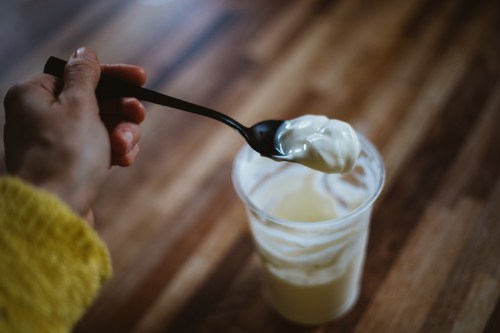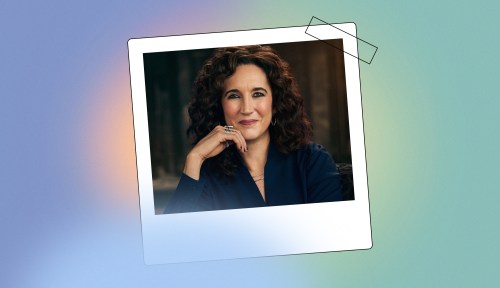By Casey Gillespie for Q.Equinox.com
Adopting a gluten-free diet doesn’t have the visibility, sexiness, or cache of, say, a lucrative endorsement deal, but when high-profile athletes such as Novak Djokovic and Drew Brees do it, you better believe the sports world takes notice.
Which partly explains why, as the London 2012 Olympics approach, g-free is the buzz phrase on many athletes’ lips. American distance runner Amy Yoder Begley and British runner Andrew Steele are just a few of the Olympic competitors who credit more energy, better race times, faster recoveries and fewer injuries to a gluten-free lifestyle.
The explanation? Eliminating gluten can lead to a reduction in inflammation and aids the body in digestion, explains Paul Spector, MD, ASCM and Equinox Tier 4 coach in New York City. “There’s a huge spectrum of intolerance—varying degrees of how people are able to absorb gluten—so it’s not a question of either you have it or you don’t,” he says. “From an evolutionary standpoint, a lot of us are not wired to process grains very well. Grains are pro-inflammatory. In avoiding them you’re allowing for proper absorption of the nutrients and energy you need.”
That said, according to a number of reports by medical experts, including the Australian Sports Commission, there is no evidence that healthy athletes following a gluten-free diet will see any performance benefits over an athlete who follows a balanced diet containing gluten. “If you do not have an intolerance, then there is no reason to eliminate a food from your diet,” stresses Amanda Carlson-Phillips, MS, RD, CSSD and VP of Nutrition and Research for Athletes’ Performance and Core Performance in Arizona.
More reading from Q.Equinox.com:
Can real girls have fake hair?Snow ice: The next frozen yogurtThe body engineer
Sign Up for Our Daily Newsletter
Get all the latest in wellness, trends, food, fitness, beauty, and more delivered right to your inbox.
Got it, you've been added to our email list.











